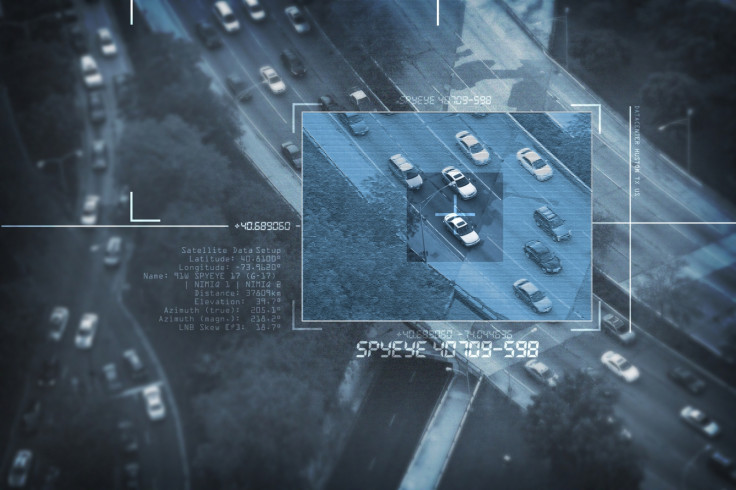British defence firm supplied US police extensive range of military spy gear, leaked catalogue reveals
Among the supplies were black boxes capable of monitoring cell phone signals of a whole town.

A leaked catalogue from British defence firm Cobham reveal that an extensive range of military spy gear was provided to the US police. The 120-page catalogue highlights the use of surveillance gear including black boxes capable of monitoring an entire town's cell phone signals, wireless calls and text messages intercepting equipment, cellular communications jamming gear and more.
The catalogue was obtained by Intercept as part of a cache of documents which originated within the Florida Department of Law Enforcement. A spokesperson of the Florida Department of Law Enforcement, Molly Best, confirmed that the surveillance equipment had been purchased from Cobham but refrained from providing any additional details.
The catalogue dates back to 2014 and highlights the kind of surveillance technology increasingly used by the police and military in the US as well as by foreign nations. Cobham was recently cited as among firms selling surveillance technology to authoritarian regimes. Cobham spokesperson Greg Caires confirmed that the US police are one of the firm's clients. He said the documents from the leaked catalogue "looked authentic" but refrained from confirming its authenticity.
Commenting on the surveillance gear detailed in the leaked documents, Privacy International technologist Richard Tynan said: "By design, these devices are indiscriminate and operate across a wide area where many people may be present." He added that such surveillance technologies are the "essence of mass surveillance".
Spy gear capabilities
Cobham's leaked catalogue also displays a section on "Cellular Surveillance", which details the various products the firm sells, specifically focused on spying on people's private communications, regardless of which corner of the globe they are located. According to UCLA attorney Nathan Wessler, who has extensively worked on researching the use of Stingray-like devices in the US, a particular page in the documents, which details the firm's technology's "ability to intercept calls and text messages (in addition to the ability to geo-locate phones)" is especially interesting. Wessler said: "Domestic law enforcement agencies generally say they don't use that capability."
According to Tynan, "The Cobham devices in this catalogue are standard interception devices with the ability to masquerade as 1-4 base stations simultaneously. This would allow it to pretend to be four different operators or four base stations from the same operator or any combination. These specifications allow for the interception of up to four calls at a time. The operational distance of these devices would be around 1-2 KM for 3G and significantly greater for 2G devices. Devices of this type can typically acquire the unique identifiers of handsets at a rate of 200 per minute."
Cobham also provides products which have the ability to cause extensive cellular blackouts, amass data in bulk and track smartphones. For instance, with the "Evolve4-Hand Held Direction Finder", as specified by the firm's catalogue, a police officer or a soldier can carry a hidden antenna within his/her clothing, which can be used to track someone's location.
The catalogue also comes with a comprehensive dedicated section for tools specifically designed for covert spying. The video and audio surveillance products boast of the ability to be hidden in a variety of everyday objects, including bird houses, wall clocks and smoke detectors.
Cobham, like many of its peers in the UK, has been granted permission to export its surveillance technology to foreign nations. According to Tynan, the rampant propagation of spy technology poses a major threat to user privacy and safety.
"As we move to a more connected world where cars, toys, fridges, and even implantable devices contain miniature cell phone technology, the capability to cause harm using one of these devices becomes ever greater," he warned. "It is unacceptable for our modern critical infrastructure to be so vulnerable to such interception," and therefore "it is vital that the international standards that underpin our communications are built to the highest security standard possible."
© Copyright IBTimes 2025. All rights reserved.






















